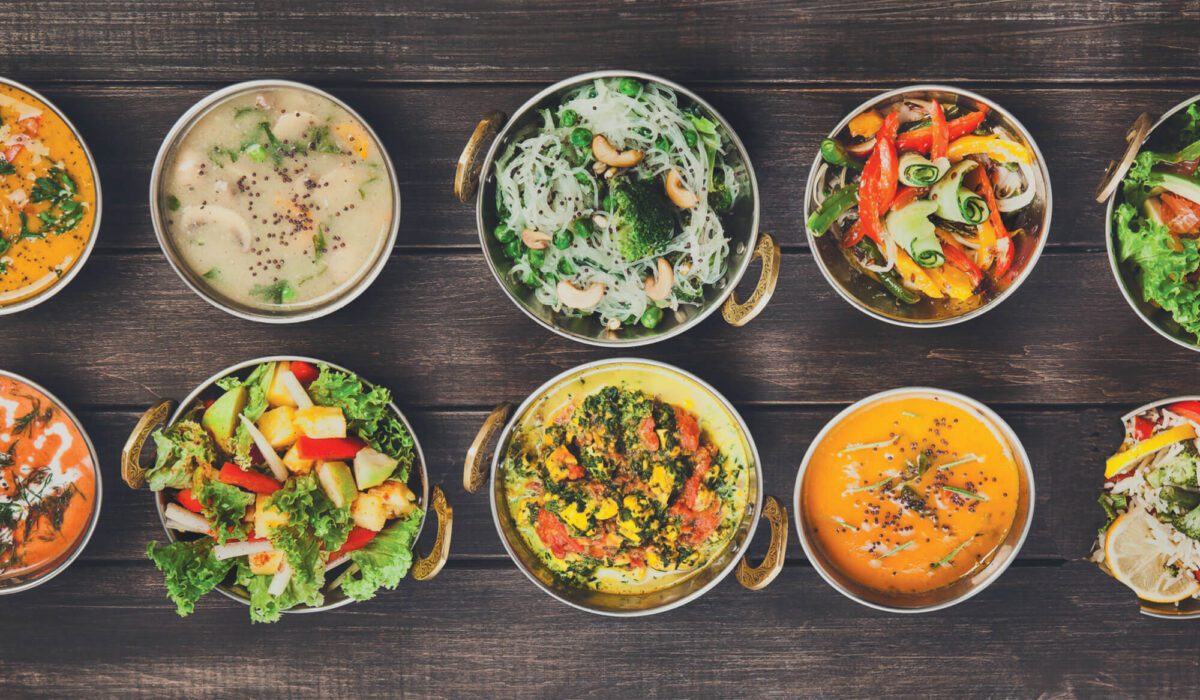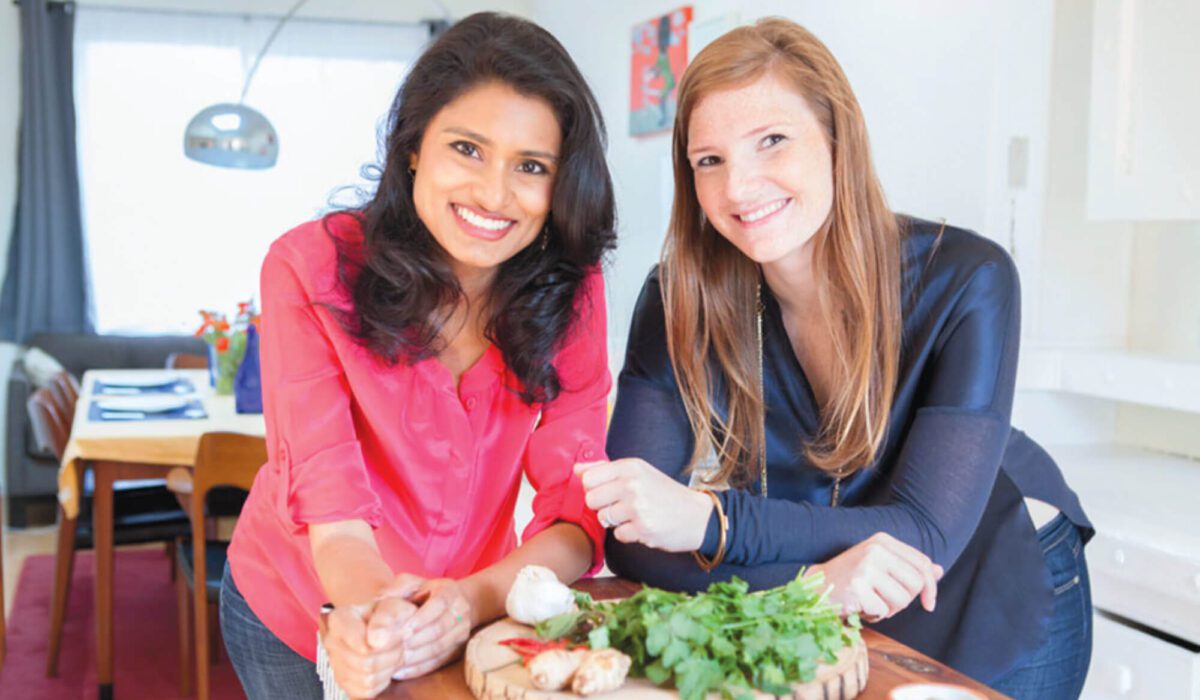Alumnae provide cultural exchange via food
 Tastes and smells tell the stories of a place and people like nothing else. It’s an ethos that drove Aashi Vel and Stephanie Lawrence, both MBA 13, to form Traveling Spoon, a San Francisco-based food tourism business in which home cooks in 65 countries host travelers for authentic meals and cooking classes. Traveling Spoon also organizes local market tours. It’s about, as they say, “traveling off the eaten path.” Their mission is to create meaningful travel experiences, preserve culinary traditions, and provide income for locals. Here’s a look at their success.
Tastes and smells tell the stories of a place and people like nothing else. It’s an ethos that drove Aashi Vel and Stephanie Lawrence, both MBA 13, to form Traveling Spoon, a San Francisco-based food tourism business in which home cooks in 65 countries host travelers for authentic meals and cooking classes. Traveling Spoon also organizes local market tours. It’s about, as they say, “traveling off the eaten path.” Their mission is to create meaningful travel experiences, preserve culinary traditions, and provide income for locals. Here’s a look at their success.
2007
In China, Lawrence is disheartened by a “fairly touristy” dining experience. She moves to Beijing for six months, futilely searching for a Chinese grandmother who will teach her to make dumplings. Vel, in 2011, has similarly ungratifying food experiences in Mexico.
2011
During Haas orientation in August, Lawrence and Vel meet over pork tacos and bond over a shared passion for food and travel. They launch a pilot version of Traveling Spoon in December, booking customers for food explorations in India in January 2012.

2013
Traveling Spoon connects travelers with home cooks in Asia at first. Business Insider calls it one of “6 Silicon Valley startups launched in the last six months that could be huge.”
2014
The business receives $870,000 in funding, including from angel investor Erik Blachford, former CEO of online travel agency Expedia. Berkeley culinary doyenne Alice Waters is an advisor. Forbes dubs Traveling Spoon the Next Generation of Culinary Tourism.
2015
Traveling Spoon builds and automates an online marketplace and launches food experiences in 20 countries including Japan, Thailand, and Turkey.
2018
The company raises another round of funding with follow-on investment by lead investor Erik Blachford. Traveling Spoon also expands globally and scales host supply and traveler demand.
2020
Grounded by COVID, Traveling Spoon goes online, allowing armchair travelers to learn how to make dishes like noodle soup and injera from home cooks in exotic locales like Mongolia and Ethiopia. The virtual classes continue today.
2022
The business, which Forbes calls “the Airbnb for foodies,” expands to 65 countries, from Albania to Vietnam.